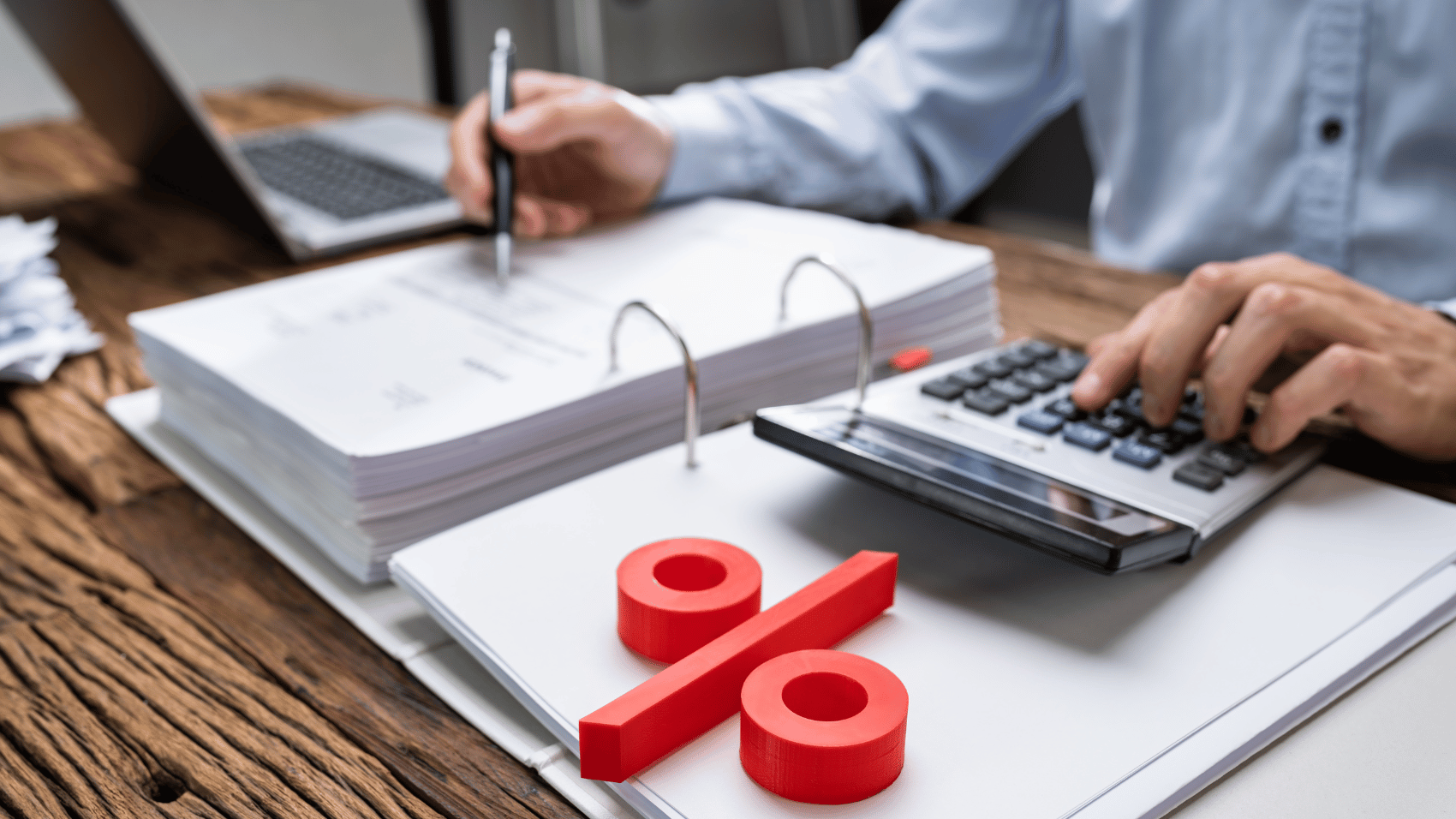Introduction:
VAT accounting in the UK is a dynamic field, constantly influenced by legislative changes, economic shifts, and technological advancements. Understanding these changes is crucial for accountants to provide accurate and efficient services to their clients.
1. Complex VAT Legislation and Regulatory Changes:
VAT legislation in the UK is subject to frequent amendments. For instance, the standard VAT rate in the UK is 20%, with a reduced rate of 5% for certain goods and services, and a 0% rate for necessities like food and household water supplies. These rates have seen fluctuations, particularly during the COVID-19 pandemic, demonstrating the importance of staying abreast of current VAT regulations.
2. Alterations in VAT Rates and Thresholds:
The VAT registration threshold, set at £85,000 since 2017, is a crucial factor for SMEs. With increasing costs, businesses are reaching this threshold sooner, leading to more businesses being caught within the VAT system. This threshold is expected to remain unchanged until 2024.
3. Cross-Border Transaction Complexities:
Cross-border VAT transactions have become more complicated, especially post-Brexit. The divergence from EU VAT regulations means that UK businesses engaging in international trade must direct a new set of rules and compliance requirements.
4. Digital Tax Reporting and Technology Integration:
The Making Tax Digital (MTD) initiative, which focuses on digitizing tax documentation, represents a significant shift in how VAT reporting and payments are managed. This digital transition aims to increase the accuracy of VAT returns and reduce the administrative burden on businesses.
5. Accurate VAT Compliance and Reporting:
Accuracy in VAT compliance and reporting is paramount. The fixed VAT thresholds and rates necessitate meticulous financial tracking and reporting to avoid penalties and ensure compliance with HMRC regulations.
6. Client Education on VAT Regulations:
VAT accountants play a vital role in educating clients about VAT regulations. This includes informing them about the current VAT rates and the importance of registering for VAT upon reaching the £85,000 threshold.
7. Adapting to New Accounting Technologies:
Embracing new accounting technologies is essential for efficiency and compliance. Tools and software that align with the MTD initiative are particularly crucial for modern VAT accounting practices.
Conclusion:
The landscape of VAT accounting in the UK is continuously evolving. Staying informed and adaptable is vital to successfully understand these changes. Accountants and Businesses must remain vigilant about legislative updates, technological advancements, and the minute details of VAT compliance to ensure they meet their legal obligations and manage their finances effectively of their clients.
Sources:
Avalara, “Celebrating 50 years of Value Added Tax in the UK” (2023) – Avalara
AccountingWEB, “Frozen threshold pulls more within the VAT system” (2023) – AccountingWEB
Business Financing, “What Is the VAT Threshold & When To Register? 2023 UK Guide” – Business Financing
